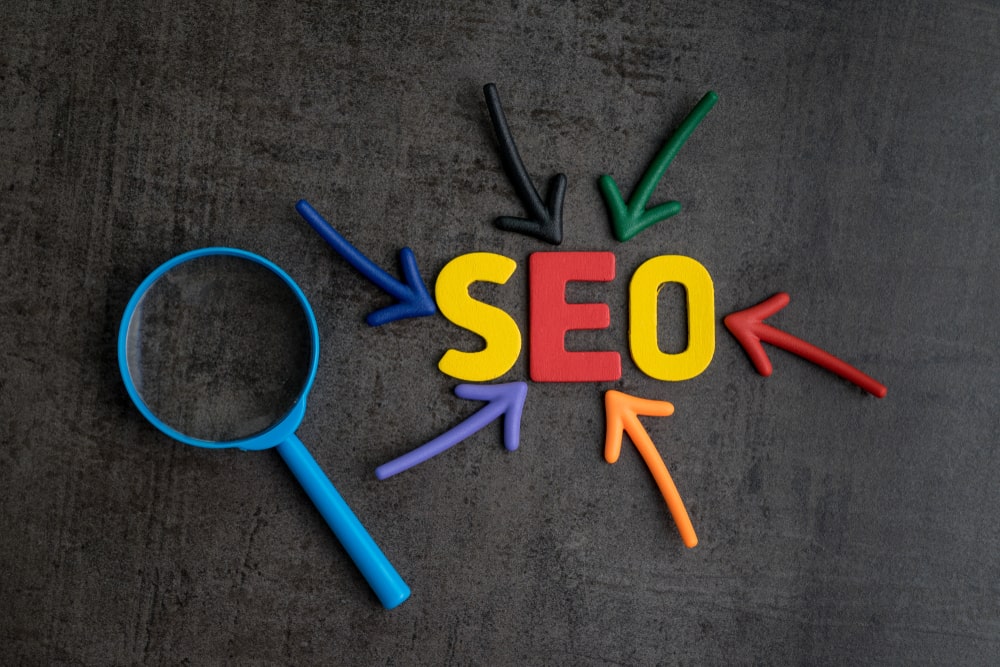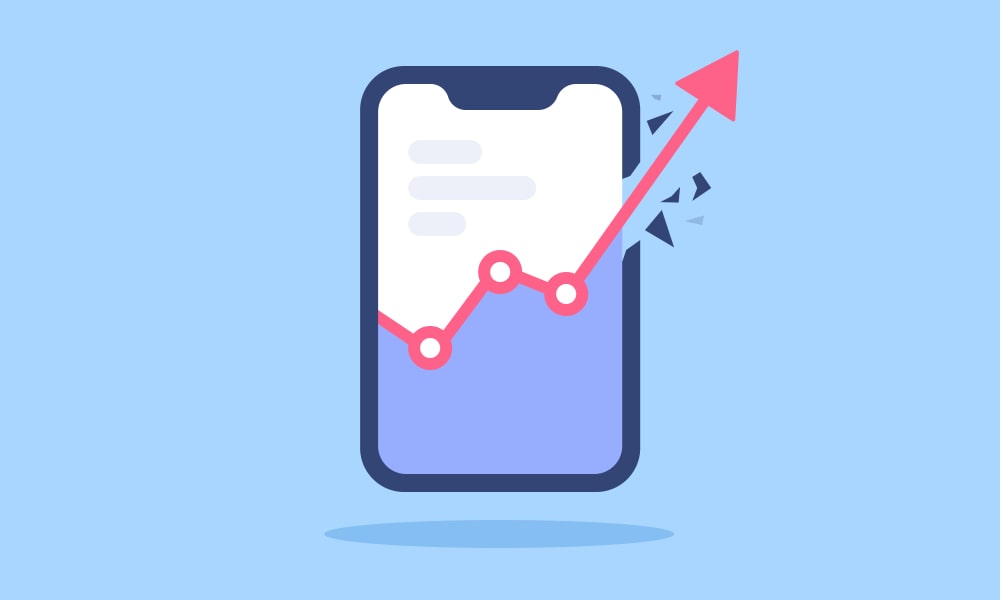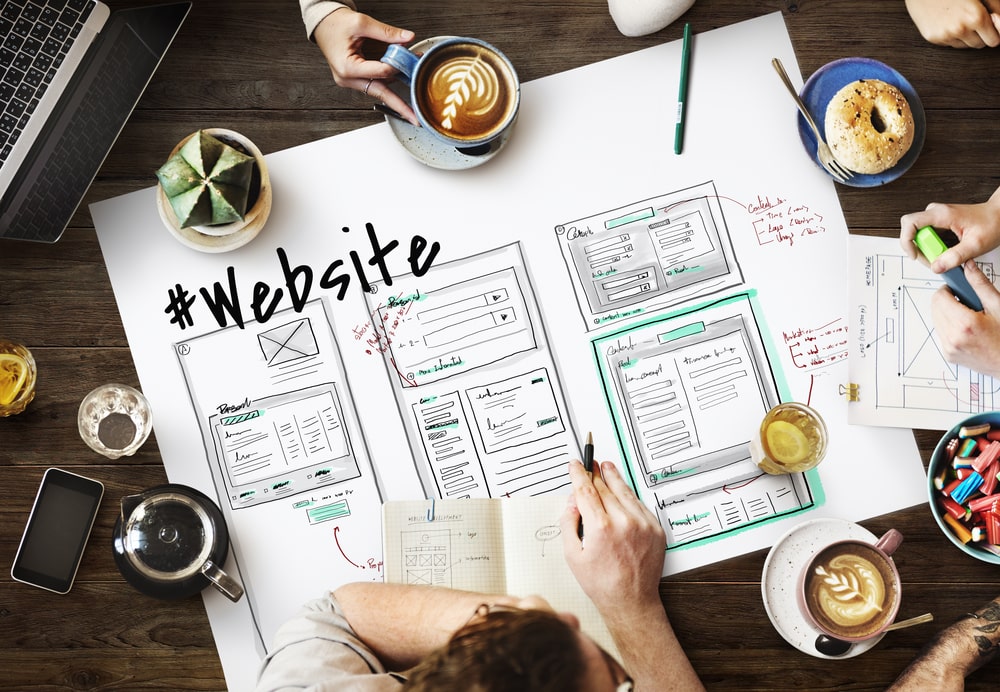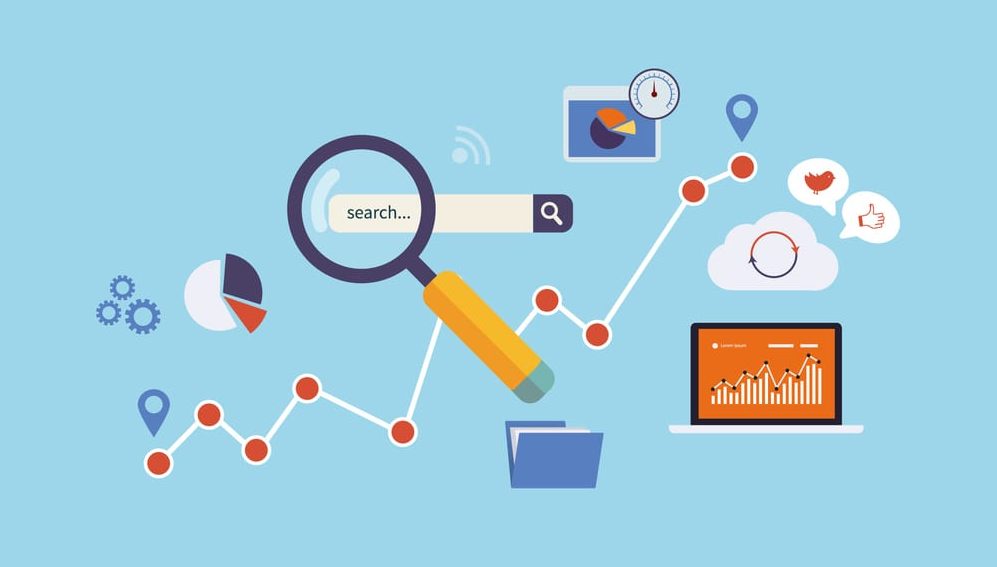You are planning to create your website? Whether you decide to create it yourself or to call upon a professional, it is important to be clear with your objectives beforehand. Here is an overview of the right questions to ask yourself before giving life to your project.
A WEBSITE : WHAT FOR ?
A website can be used for many things :
to acquire new customers
build customer loyalty
increase visits to your store
increase your list of prospects
sell your products online
showcase your photography portfolio to generate more customers
allow your customers to make appointments online
give the possibility to make reservations for your hotel, your restaurant…
generate more subscriptions to your newsletter
blog on a particular subject…
Defining your objectives correctly beforehand, with a paper and a pencil, is the first step towards the success of your project. Whether you decide to do it yourself or with the help of a professional, your site will be much better built and articulated with your goals and expectations in mind. And a well-built website… is an effective website!
A WEBSITE: FOR WHOM?
Of course, you would like to seduce everyone! But let’s be clear: an efficient communication is a targeted communication. The tone to use will not be the same according to the age groups, the vocabulary will have to take into account the level of expertise of the user on a subject…
Do you want to address customers, prospects, future investors? Is your audience local, national, international?
Identifying your target audience will allow you to better resonate with them, in terms of design and language. This is also the time to ask yourself which language(s) to use. To reach your audience, you have to know how to put yourself in their shoes.
WHICH FEATURES FOR MY WEBSITE?
The answers to this question follow from the first two questions:
If I want to sell online, I will have to think about the payment module(s) to use.
If I want to allow my customers to make an appointment online, I will need a reservation form adapted to my schedule, my activity… And also anticipate how I want / need to collect and process this information (manageable website? External service by subscription linked to my site?)
If I want a multilingual site, it will necessarily require a greater management effort, both technically during its creation and during its use (because a multilingual blog requires thinking about the management of article translations)…
WHAT CONTENT TO PROPOSE?
It’s all very well to want to create your own site. But if there is nothing in it… No interest!
IN A WEBSITE, THERE ARE TEXTS.
To inform, to guide. And one does not write Chateaubriand in a website. The information must be easily and quickly identifiable by the user you are targeting. Don’t lie, you are the first to leave a site after a few seconds if you don’t find what you are looking for! And that’s totally human. A study by the scientific site nature.com indicates that a visitor will judge the quality of your site in less than 50 milliseconds… Hence the importance of taking the time to think!
BUT WE ALSO HAVE IMAGES.
These images can have two purposes: to illustrate or to inform.
But in any case, we can never insist enough: the images chosen must be of good quality! How do you want to promote your brand with pixelated, distorted, unflattering images… Not to mention the random fishing for images on Google: no, you can’t use just any image for your site!
Investing a little time/money in good images is not a waste! They guarantee your credibility with the public.
HOW TO STRUCTURE MY SITE ?
The content and features of your site must be structured in a coherent way. This is what we call information architecture.
Do you understand each other? Good, it’s not bad at all! But you don’t make a site for yourself, you make it to interact with an audience. It is important that this public finds itself easily in your information.
It is therefore at this point that you must think about the structuring of your content, and the tree structure of your website.
WHAT WILL MY SITE’S DESIGN LOOK LIKE?
Look at existing sites for inspiration. What colors best reflect the spirit of your brand? Be careful, colors have an important emotional impact. What values do you want to convey?
Another parameter must be taken into account: the notion of time. Whether you build it yourself or hire a professional, the creation of a website requires a significant involvement (including you). If only to collect / write / rework / correct the texts, choose the right images, discuss it with your provider if you have one…
Set a tenable deadline, for your provider as well as for you.
WHAT ARE THE MEANS I CAN / WANT TO PROVIDE?
By resources, we mean human and financial resources. This question leads to another one: should I call upon a professional to create my website?
It all depends on the type of website you want, as well as your degree of requirement. It is obvious that if you have the tools and the skills, it will be cheaper to do it yourself. In some cases indeed, if you don’t have the budget to allocate to your project, some free or low cost website creation platforms can do the job very well.
But if your goal is to generate more visibility and sales for your company, you can’t do without a professional:
His technical knowledge will allow him to create a truly customized site. This is not necessarily the case with platforms that offer free website creation without knowledge of HTML, PHP and JavaScript codes.
This same technical knowledge will make him prefer a quality code. However, a site with a quality code is already optimizing its natural referencing, and its adaptability on a maximum of supports (computers, tablets, mobiles). Once again, this is not necessarily the case for sites produced via free gateways.
Finally, he will be able to advise you on its ergonomics and its commercial impact.
A website is an investment, which will pay off in the long run if it is intelligently designed.




